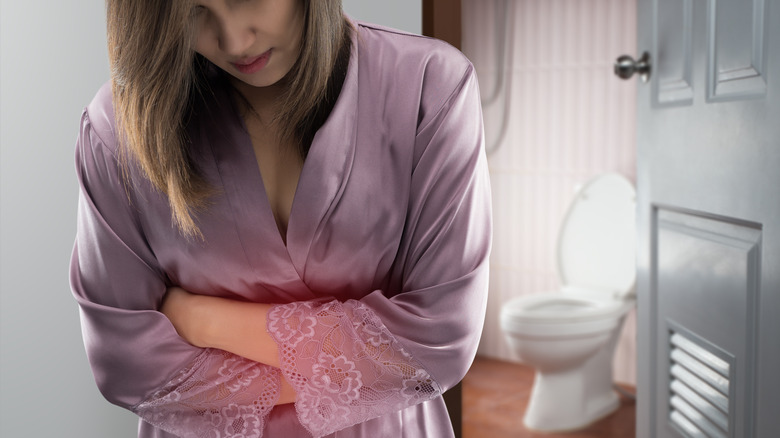Can Peeing After Sex Prevent Pregnancy?
While many people long to become pregnant and give birth to a child, others fear pregnancy or simply don't feel ready to become a parent. In the heat of the moment, however, people don't always make choices that are aligned with their desires to avoid conception. In such moments, they may question whether there is anything they can do to prevent the sperm from meeting with any waiting egg. One common belief is that peeing directly after sex can either kill the sperm or flush them away with your urine stream, thus preventing any potential pregnancy.
However, according to Planned Parenthood, this idea is a myth. They state that the only way to prevent a pregnancy after the fact is to use emergency contraception, also known as the morning-after pill. When taken according to the manufacturer's directions, this pill can reduce your chances of becoming pregnant by 75%–89%. It should be taken as soon as possible after unprotected sex to be the most effective (per Planned Parenthood).
Why peeing after sex can't prevent pregnancy
The reason that peeing after sex can't prevent pregnancy comes down to anatomy. The urethra, the hole where urine exits the body, is separate from the vagina, the hole where the penis enters the woman's body during penile-vaginal intercourse. Since the sperm is ejaculated into the vagina, peeing won't remove it.
Related to this, you might think that cleaning out the vagina using vinegar, vaginal steaming, douches, or yogurt would be more effective since they do enter the vagina. However, according to KidsHealth, these won't prevent pregnancy either. Sperm swim too fast and are probably already well on their way to the egg before you've even begun. Also, douching can actually push the sperm even further in and you may even get a pelvic infection in the process.
How peeing after sex might help reduce your risk of a UTI
Peeing after sex may not be a totally useless endeavor, however. One thing it may help with is preventing a urinary tract infection (UTI). OB-GYN Salena Zanotti, MD told WebMD that while no studies have conclusively proven that peeing after sex reduces the risk for UTIs, many women find it helpful.
The reason that sexual activity is associated with UTIs has to do with the close proximity of the urethra to other germ-laden areas. "Many kinds of bacteria are harmless on the skin or in the anus," says Dr. Zanotti. "But during sex, these germs can spread to your urinary tract and eventually cause a UTI." Additionally, women have a shorter urethra than men, making it even easier for bacteria to go where they shouldn't be. Peeing within about 30 minutes of sex can help wash these bacteria away, reducing the chances that they will grow and flourish in your urinary tract.


